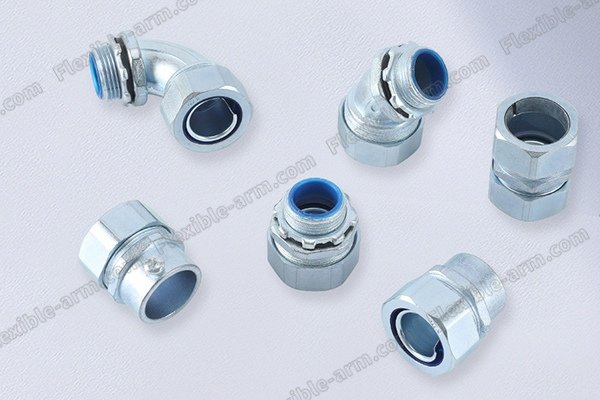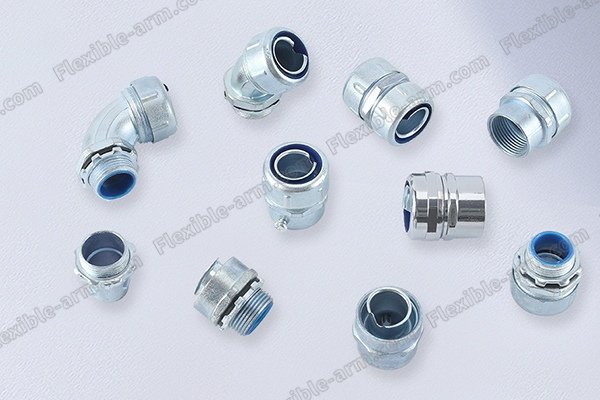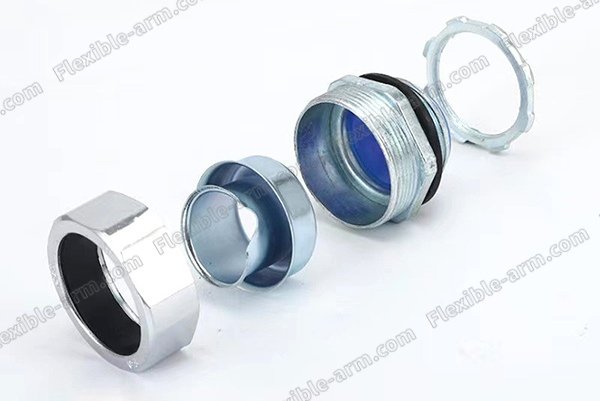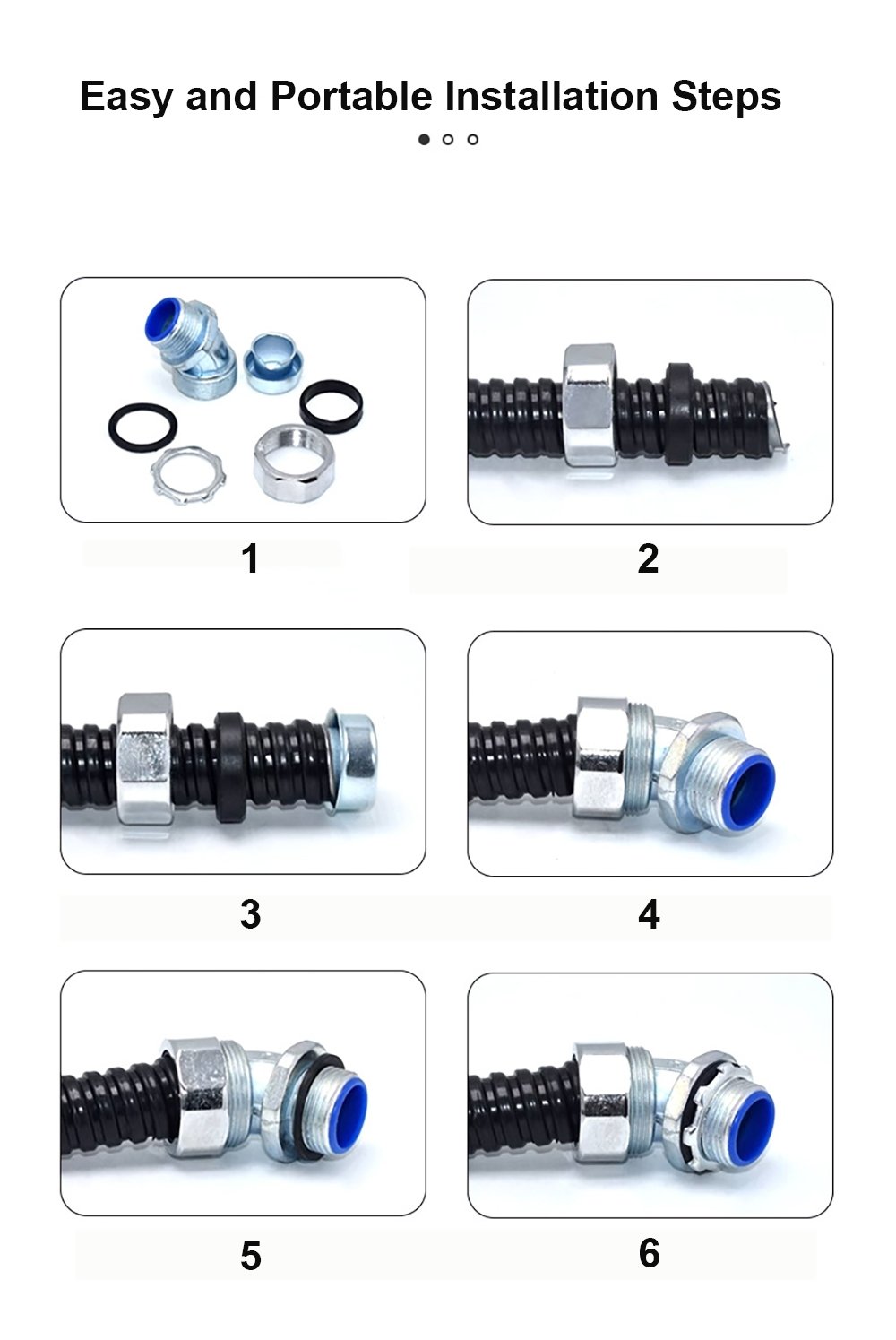
When it comes to protecting electrical connections from moisture, dust, and harsh environments, liquid tight connectors are an essential component. These specialized fittings ensure a sealed electrical connection, preventing water, oils, and other liquids from compromising wiring systems. Whether you're working in industrial settings, outdoor installations, or hazardous locations, choosing the right waterproof conduit connector is crucial for safety and longevity.
In this comprehensive guide, we’ll explore the key features, types, and applications of liquid tight strain relief connectors, helping you make an informed decision for your next project.
A liquid tight connector is a type of sealed electrical connector designed to provide a watertight and dustproof seal for cables and conduits. These connectors are commonly used in environments where exposure to liquids, humidity, or corrosive substances is a concern.
Key benefits include:
These connectors are used with flexible liquid-tight conduits, offering excellent protection in applications requiring movement or vibration resistance. Common in manufacturing plants, food processing, and outdoor lighting.
Designed for Electrical Metallic Tubing (EMT), these fittings provide a weatherproof cable connector solution while maintaining a secure connection to rigid conduits. Ideal for outdoor electrical installations.
Built to meet NEMA 4X standards, these connectors are resistant to water, dust, ice, and corrosive chemicals. Perfect for wastewater treatment plants, marine environments, and chemical processing facilities.
This type ensures cables remain secure even under tension, preventing pull-out and damage. Often used in machinery, robotics, and industrial automation.
When selecting a waterproof conduit connector, consider the following:
✔ Material: Look for corrosion-resistant conduit fittings made of stainless steel, brass, or high-quality thermoplastic.
✔ IP Rating: Ensure the connector meets IP67 or IP68 for maximum water and dust resistance.
✔ Certifications: Check for UL, CSA, or NEMA 4X compliance for hazardous locations.
✔ Thread Type: NPT (National Pipe Thread) or metric threading for secure connections.
✔ Temperature Range: Ensure the fitting can withstand extreme temperatures if used outdoors or in industrial settings.
Protects wiring in CNC machines, conveyors, and robotic arms from coolant, oils, and debris.
Used in weatherproof cable connectors for streetlights, traffic signals, and solar panel systems.
Corrosion-resistant conduit fittings prevent saltwater damage in boats, docks, and offshore rigs.
Stainless steel liquid tight connectors meet hygiene standards while resisting washdown chemicals.
NEMA 4X electrical connectors are essential in oil refineries, chemical plants, and explosive atmospheres.
Investing in a premium waterproof conduit connector ensures:
✅ Longevity – Resists rust, UV rays, and chemical exposure.
✅ Safety – Prevents short circuits and electrical failures.
✅ Compliance – Meets industry standards for hazardous and wet locations.
✅ Versatility – Works with flexible metal conduits, PVC, and armored cables.
Whether you need a flexible conduit liquid tight connector for industrial automation or a NEMA 4X electrical connector for harsh environments, selecting the right fitting is critical for performance and safety. By understanding the different types, materials, and applications, you can ensure a sealed electrical connection that stands the test of time.
For your next project, prioritize durability, corrosion resistance, and waterproofing with high-quality liquid tight connectors—because a secure connection today prevents costly failures tomorrow.


